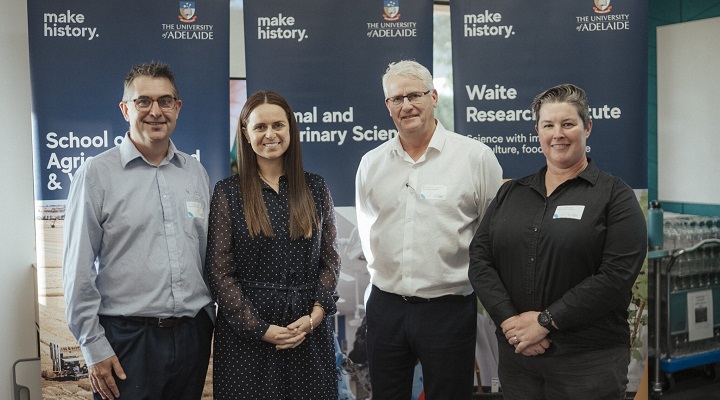Australia’s insect industry has received a $2 million investment in a research program aimed to address its growth barriers.
Launched by the University of Adelaide and supported by AgriFutures Australia, the five-year research will focus on developing best-practice guidelines and industry standards, market development and consumer education, and building industry capacity.
Professor Kerry Wilkinson from the University of Adelaide’s School of Agriculture, Food and Wine will lead the research team. Research members include experts from Charles Sturt University, CSIRO, University of Melbourne, University of Western Sydney, University of South Australia, University of Western Australia and behavioural science company, Evidn.
“We look forward to working with the insect industry to help realise the benefits that insects offer – from valorisation of agri-food waste, to meeting increased protein demands, and reducing pressure on precious natural resources,” said Wilkinson.
According to AgriFutures Australia MD John Harvey, the work is guided by the Australian Insect RD&E Plan, in consultation with producers from the Insect Protein Association, to support the long-term growth and viability of the insect industry.
Insects can convert organic waste into high-value protein and can be used in products including animal feeds, fertilisers, pharmaceuticals and human food, Harvey elaborated, adding that insect farming is also more sustainable than many other forms of protein production.
Insect Protein Association of Australia chair Luke Wheat said the program would help the industry address challenges, unlock market access and increase scale.
“This will be achieved through focus areas such as industry risk assessments, new product development and validation and regulatory review. Importantly, the work will be underpinned by robust, data-driven, research conducted by some of the best universities in the country,” he added.















